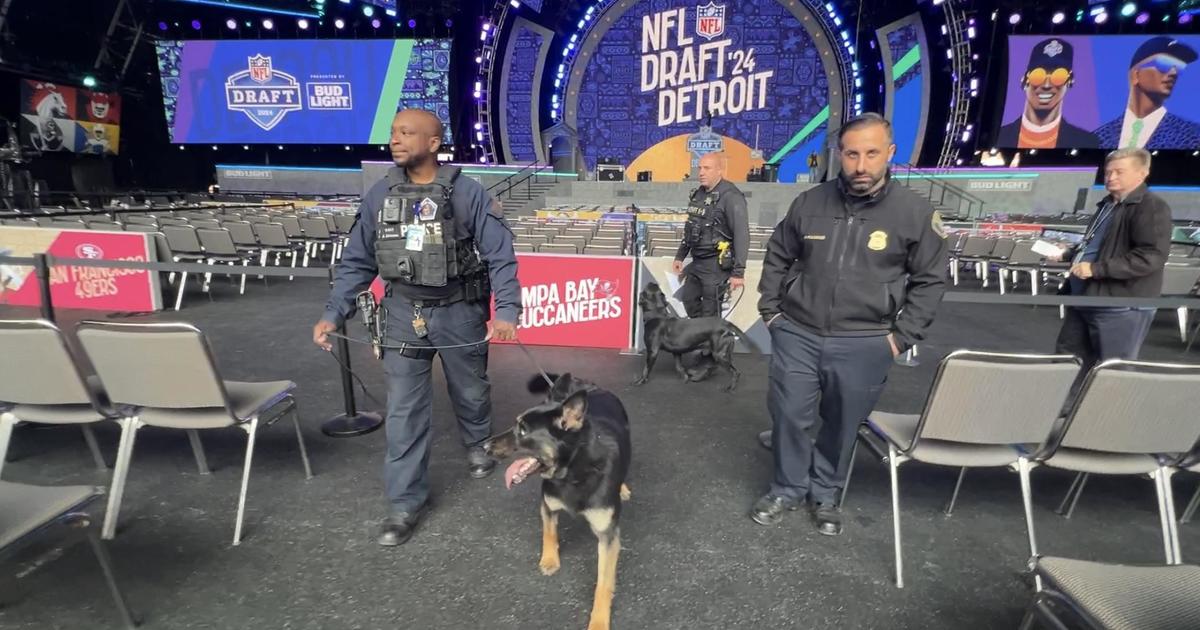Part 2: McClary Bros. CEO Recommends 5 Important Food Safety Tips All Customers Expect
Jess Sanchez McClary is the CEO and founder of McClary Bros. drinking vinegar. The company was started in 2012 in McClary's kitchen. McClary products are sold or served in 27 states in over 1000 locations. In the area of food manufacturing and production, McClary recommends five food safety tips that her company implements in its daily business.
- Regardless of the size of your business, have a written food safety plan! Many small food businesses start off in shared spaces or rental kitchens and get so focused on making their food product that they forget that they are not in the food business; they're in the food safety business. It's important to walk through every step of your process, while you're not cooking so there's no distractions, noting any possible points where contaminants or poor sanitation issues can enter your food making process. Formalize how you address these issues. Make sure any and all staff are aware of the plan.
- Food safety is about more than pathogens. It's about allergens too. I can't count the number of times a customer at a sampling or demo has already eaten our sample before asking if it contains the one ingredient that they're deathly allergic to! Make your allergen statements clear on your packaging, and if possible, showcase them when your product is being demoed or sampled.
- Abuse your product, then test for safety. Your product might be shelf stable, but what happens when you leave it in a hot car all day? Your product says 'Refrigerate after opening,' but what happens when it's been in the back of a fridge for a month? People will abuse your product, and while you can't protect against every mishandling, you need to know what they'll encounter. Maybe you'll realize that it should say 'Refrigerate after opening. Use within seven days of opening.' Some of this is information that you can be given by the lab that does your shelf-life testing, but you're also guarding against poor quality.
- Have your shelf-life testing done in real-time. Some labs will offer to do accelerated shelf-life testing. This may sound like a great idea because you'll get your results sooner, but unfortunately, it's not as accurate as testing in real time. So if your product currently has a six month shelf-life, but you think you could get 12 months, wait until you have a unit of it that is 12 months old, and then send that to the lab. Out-of-date product sent back by retailers is the best for this because those packages have been through a life cycle of handling — being sent to a store, being set on a shelf, being handled by customers, etc.
- Make food safety a part of your corporate culture. Food safety doesn't sound like the sexiest part of a business, but everyone can agree it is the most important. Your company, your reputation, your customer's health and well-being all depend on your commitment to food safety. Don't shy away from proudly announcing your commitment to food safety, and make it a priority for everyone on your team. Incentivize their contributions to improving food safety in your processes and in your facility. They are your eyes and ears when you can't be everywhere in your business at once. If they understand and appreciate your dedication to the highest level of food safety, that will resonate through the foundation of your organization.
This piece is part two of a two-part series exploring how one business owner successfully started a small business in the food industry.
"Part 1: Collaboration & Networking Allowed Company To Bear High Expenses In The Food Industry"
This article was written by Michelle Guilbeau of Examiner.com for CBS Small Business Pulse.



